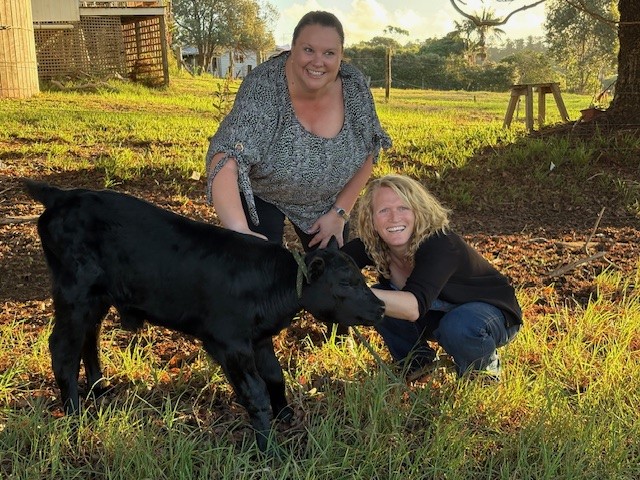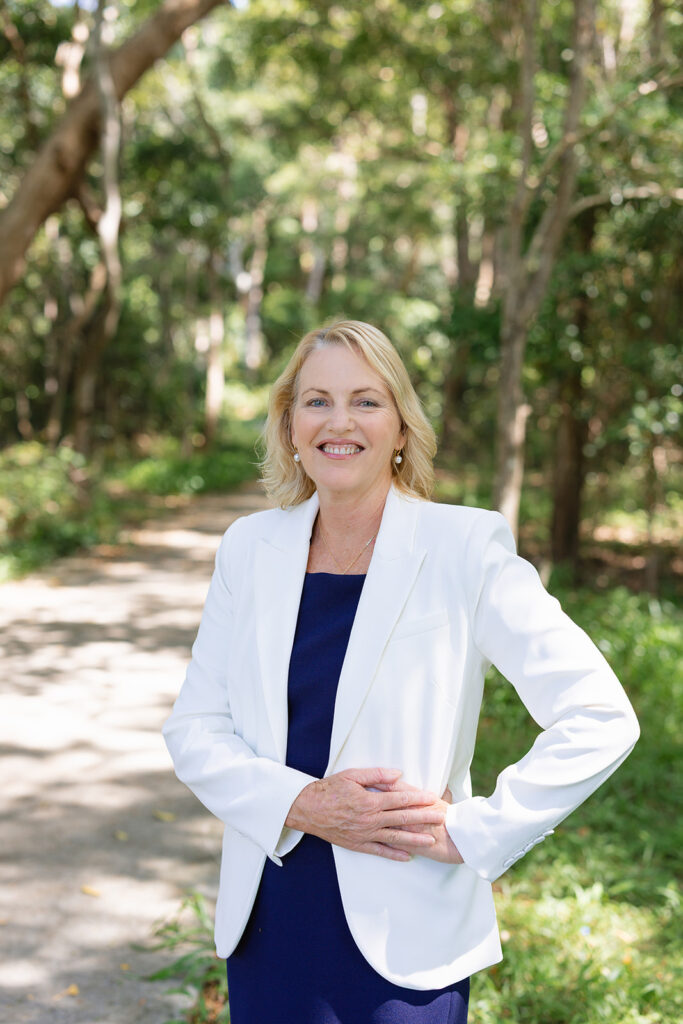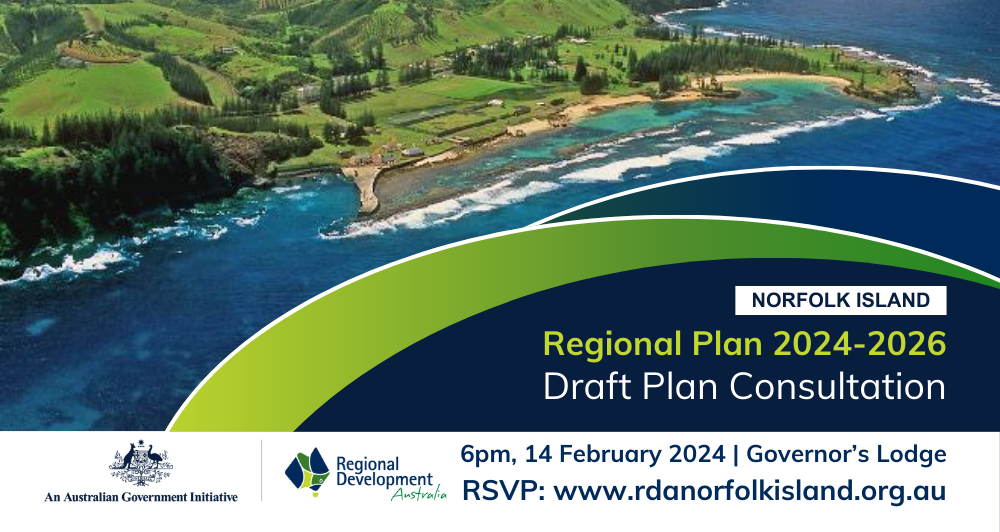Regional Development Mid North Coast and Norfolk Island (RDAMNC & NI) in collaboration with the Norfolk Island Country Universities Board needs the support of the Norfolk Island community with their upcoming application for a Country University Centre on Norfolk Island. The Norfolk Island CUC Board members are David Buffett, Robin Adams, Mary Christian-Bailey, Margaret Christian, Gaye Evans, Sharon Nicol, and Susan Prior.
In November 2023, RDAMNC & NI, in collaboration with the NI CUC Board and Country Universities Centres, applied to the Regional University Study Hub grant funding. Unfortunately, the first attempt was not successful, and feedback received indicated that we need to demonstrate greater support from the Norfolk Island community.
It is expected that another round of funding will be opening in the coming months and so that the best possible application can be made, we need your support! We have prepared a survey for members of the community and businesses to complete, and we are also seeking letters (or emails) of support.
What is the Country University Centre?
- It is a dedicated learning and study space for students pursuing tertiary education – it is NOT a university.
- CUCs are owned, governed, and operated by their local communities through an independent Board of Directors
- The CUC model has been designed to support regional communities to provide equitable access to tertiary education.
- Allows for place-based learning solutions.
- Operate in regional communities where universities cannot or will not go.
- There are 22 CUCs around Australia.
More information about Country University Centre can be found at https://www.cuc.edu.au/.
What are the benefits of a CUC for Norfolk Island?
The following are just some of the benefits to Norfolk Island if a CUC application is successful:
- Supported learning environment for students who do not wish to live in Australia (or elsewhere) to complete post-secondary education.
- Greater opportunities for residents who wish to complete further education or ‘up-skilling’, but current family, employment, or financial barriers preclude it.
- Builds capability and capacity of Norfolk Island to meet the skills needs locally without requirement to source from offshore.
- Businesses will have greater local support for apprentices and trainees undertaking the theory component of their training.
- Operation of a CUC on Norfolk Island will provide employment opportunities for residents of Norfolk Island with two staff members required.
- The CUC model is founded on place-based solutions and can be adapted to suit the learning and education needs of Norfolk Island.
How can you help?
There two ways in which you, or your business or organisation can help:
Complete the survey on the following page, or directly to SurveyMonkey at https://www.surveymonkey.com/r/333RRHM. Completed copies of the survey on the following page can be emailed to Dianne Wall at operations@rdamnc.org.au (photo of completed form is fine) or dropped off at Norfolk Island Realty or the Knowledge and Learning Centre (KLC) for submission to RDAMNC&NI. Note: The KLC is open from 1.00pm to 4.00pm Monday to Friday – completed surveys can be slid under the door outside those hours.
By writing a letter or email of support and submitting it to Dianne Wall at operations@rdamnc.org.au. In writing the letter of support, you may wish to use some of the points above as a reference point as well as any additional benefits to you personally or professionally.
We need to be able to demonstrate as much local support as possible. If you are unsure about the CUC and would like more information, please reach out to Dianne Wall (operations@rdamnc.org.au) or to one of your local CUC Board Members.
Read the Media Release here






